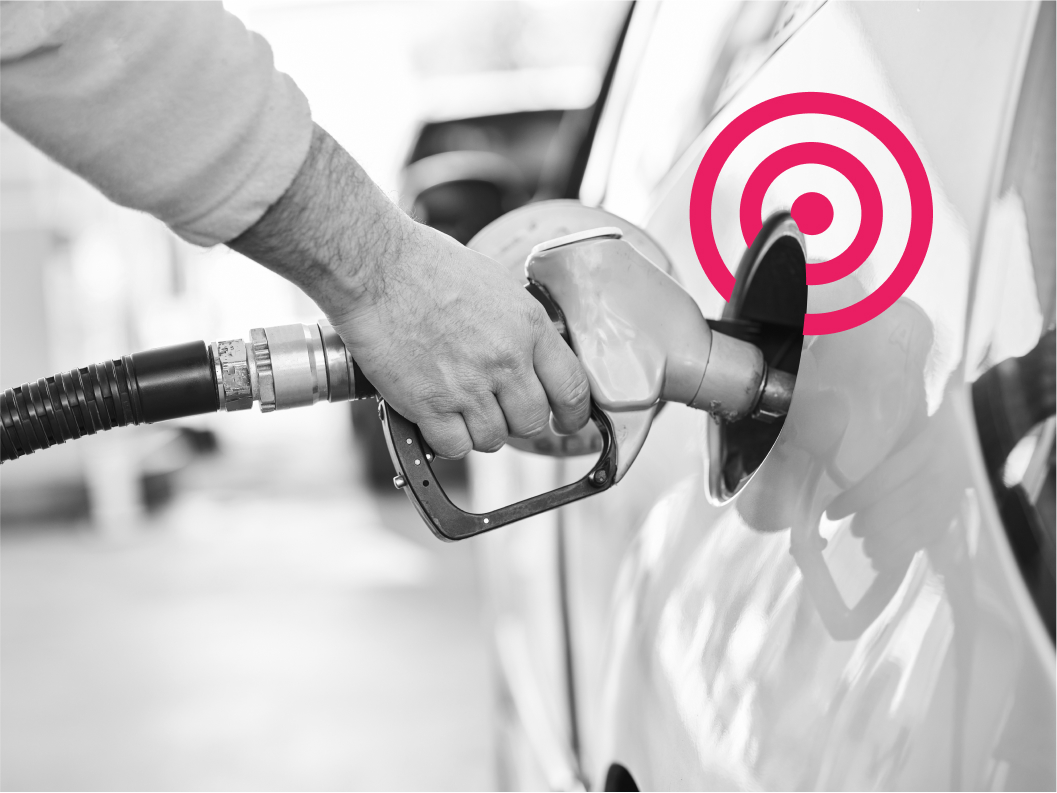Gas prices are skyrocketing around the world as demand surges and geopolitical tensions escalate. The rapid increase in fuel costs is putting pressure on consumers and businesses alike, raising concerns about inflation and economic recovery.
In recent weeks, drivers have been greeted with soaring prices at the pump, with the cost of gasoline reaching multi-year highs in many regions. In the United States, the average price of a gallon of regular gasoline has surpassed $4 in some areas, marking the highest levels since the aftermath of Hurricane Katrina in 2008. Similar trends are being observed in Europe, Asia, and other parts of the world.
Several factors are contributing to the sharp rise in gas prices:
- Global Economic Recovery: As countries emerge from the COVID-19 pandemic, there has been a resurgence in economic activity, driving up demand for fuel. Industries such as manufacturing, transportation, and tourism are ramping up operations, leading to increased consumption of gasoline and diesel.
- Supply Chain Disruptions: Supply chain disruptions and logistics challenges, exacerbated by the pandemic, are impacting the distribution of crude oil and refined petroleum products. Delays in shipping, production bottlenecks, and labor shortages are contributing to tight supply conditions and driving prices higher.
- Geopolitical Tensions: Heightened geopolitical tensions in key oil-producing regions, such as the Middle East and Eastern Europe, are adding to market uncertainty and volatility. Concerns about potential supply disruptions due to conflicts or sanctions are driving speculation in the oil market and pushing prices upward.
- OPEC+ Production Policies: The Organization of the Petroleum Exporting Countries (OPEC) and its allies, collectively known as OPEC+, have implemented production cuts to support oil prices in recent years. While they have gradually eased some of these cuts in response to rising demand, the pace of production increases has not kept up with global consumption, leading to a tightening of supply and higher prices.
The surge in gas prices is having far-reaching implications for consumers, businesses, and governments. Higher fuel costs are increasing the cost of living for households, putting pressure on household budgets and potentially dampening consumer spending. Businesses, particularly those reliant on transportation and logistics, are facing higher operating expenses, which could lead to inflationary pressures across the economy.
Governments are closely monitoring the situation and considering measures to mitigate the impact of rising gas prices on their economies. However, with uncertainties persisting in the global energy market, it remains to be seen how long the current surge in gas prices will persist and what measures will be necessary to address its effects on the broader economy.

